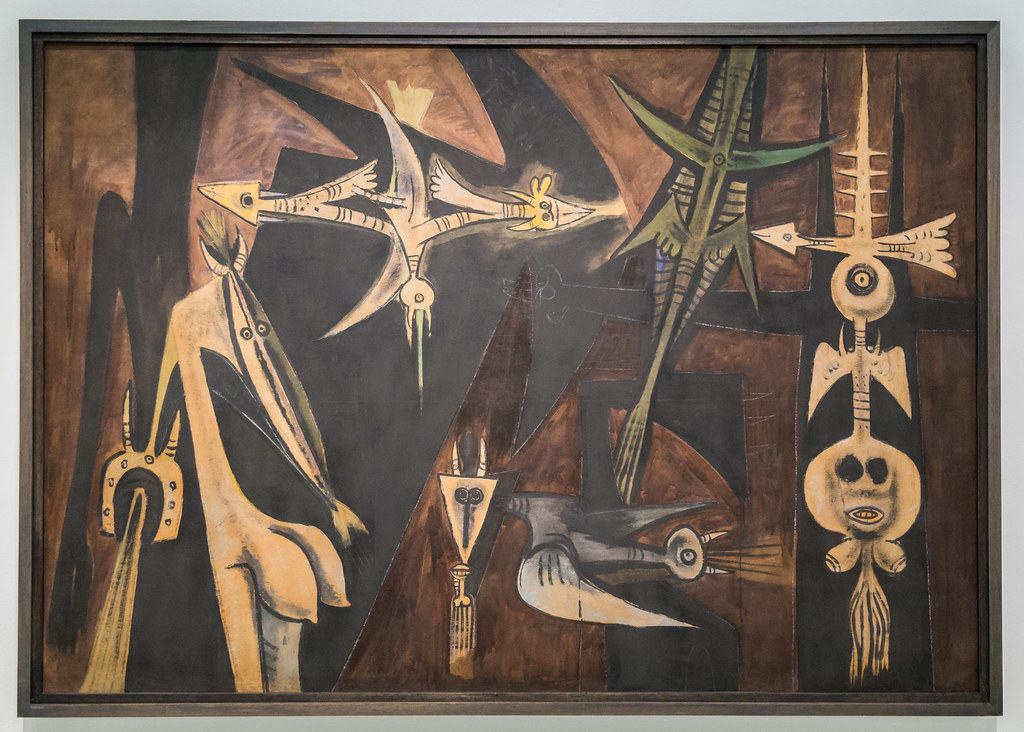Too often, the literary movement of modernism is understood as originating in the West and subsequently travelling belatedly to the rest of the world. A narrow canon of Euro-American artists have come to be seen as the paradigmatic purveyors of modernist practice. This module examines why such assumptions have remained dominant and explores ways to understand modernism anew. Students will be introduced to modernist practices from a range of non-Western literary contexts. Reading these literary experiments, we will ask how modernism can be redefined as plural, comparative, and transnational.
In this year’s version of the module, we will encounter literary texts associated with a range of Francophone contexts: Martinique, Guadeloupe, Morocco and Algeria. Critically interrogating the privileged role that metropolitan France, and especially Paris, have played in accounts of modernism, we will investigate the ways in which Francophone authors challenge the formal, temporal and geographical parameters of literary modernism. In so doing, we will examine the ways in which the relationship between modernity and aesthetics intersects with political and ethical questions brought to the fore by the questions of colonialism, racism and liberation that these works invoke.
In this year’s version of the module, we will encounter literary texts associated with a range of Francophone contexts: Martinique, Guadeloupe, Morocco and Algeria. Critically interrogating the privileged role that metropolitan France, and especially Paris, have played in accounts of modernism, we will investigate the ways in which Francophone authors challenge the formal, temporal and geographical parameters of literary modernism. In so doing, we will examine the ways in which the relationship between modernity and aesthetics intersects with political and ethical questions brought to the fore by the questions of colonialism, racism and liberation that these works invoke.
